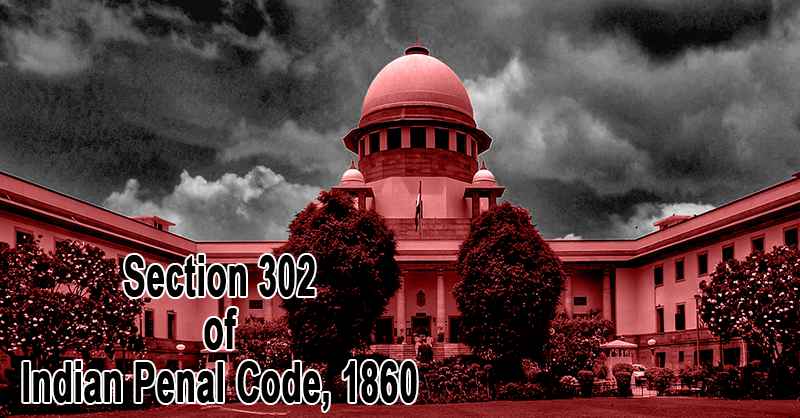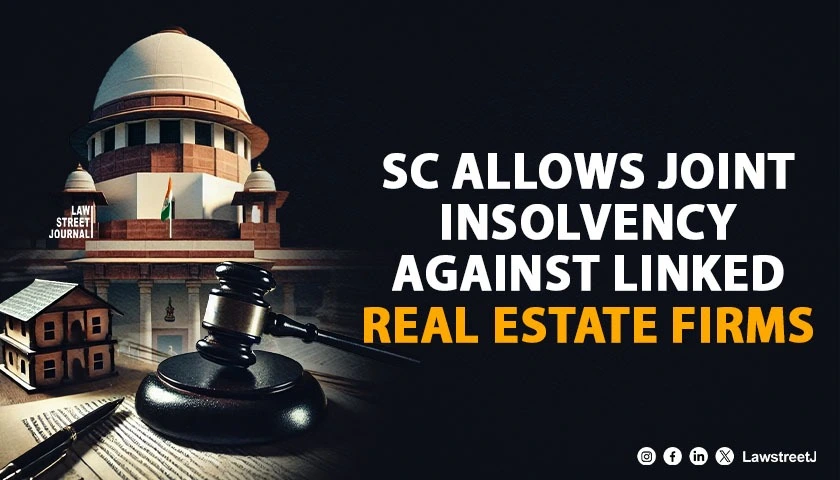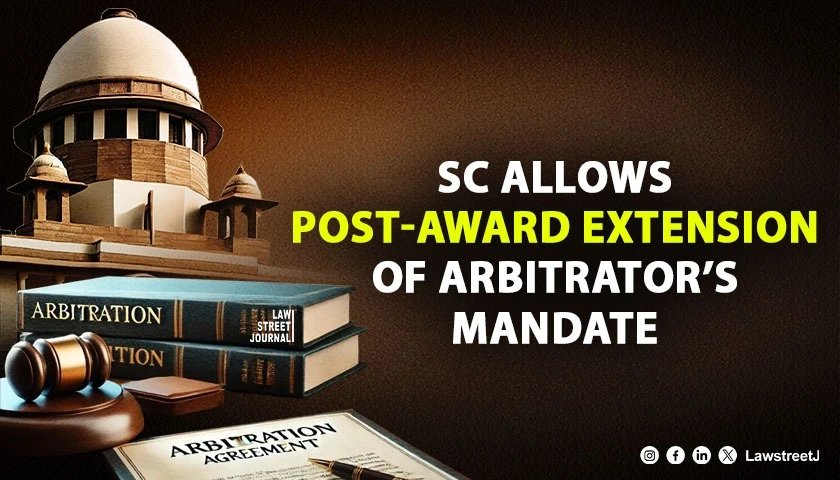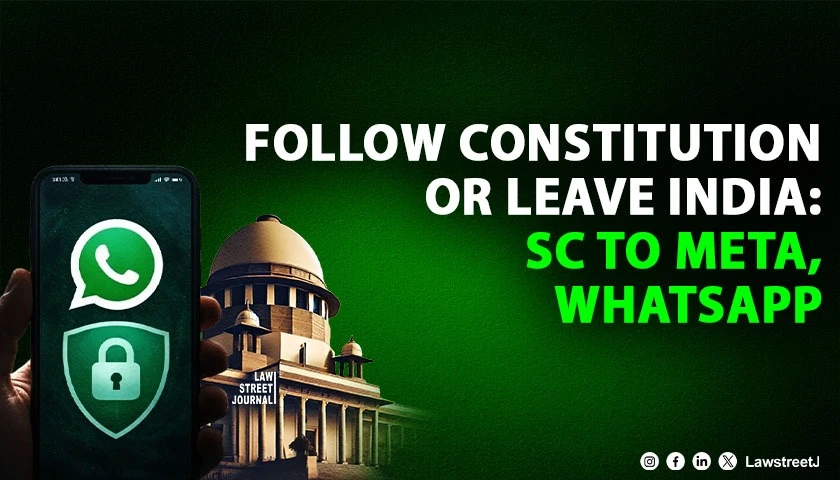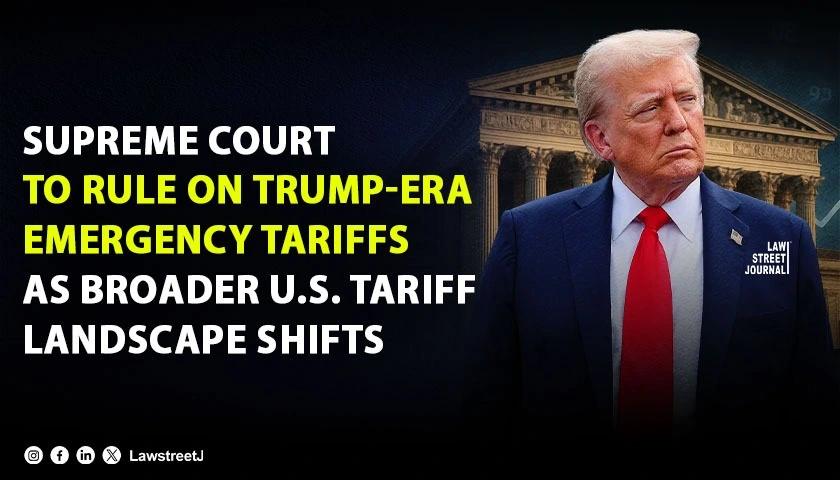A criminal appeal was filed by an accused who was convicted for the offense under Section 302 of IPC in a judgment passed by Madurai Bench of High Court of Judicature at Madras.
The question which was to be administered was whether the accused is rightly convicted under Section 302 or is to be convicted for any other milder offense viz. Section 304 Part II IPC and whether single stab injury can attract Section 302 or not.
The bench comprising of Justice Ashok Bhushan, Justice R. Subhash Reddy, and Justice MR Shah in their judgment stated that It cannot be laid down as a rule of universal application that whenever the death occurs on account of a single blow, Section 302 of IPC is ruled out.
Learned counsel appearing for the accused submitted that as it is a case of a single blow, Section 302 IPC shall not be attracted. Further, it was submitted that even the so-called motive alleged for the incident is prior to four months of the incident in question and, therefore, as such, the prosecution has failed to establish and prove the motive for the accused to kill the deceased.
In support of his contention, he relied upon the two judgments of Kunhayippu v. State of Kerala (2000) 10 SCC 307 and Musumsha Hasanasha Musalman v. State of Maharashtra (2000) 3 SCC 557. The ld. Counsel for the accused prayed to convert the conviction from Section 302 of IPC to Section 304 of IPC.
Opposing the contentions of Ld. Counsel for accused, Ld. Counsel for State said that there is no absolute proposition of law laid down by this Court in any of the decisions that in case of a single blow, Section 302 IPC shall not be attracted.
He further submitted that the court in its various decision has laid down that number of injuries is irrelevant; it is not always the determining factor for ascertaining the intention. As held by the court itself, it is the nature of the injury, the part of the body where it is caused, the weapon used in causing such injury which are the indicators of the fact whether the accused caused the death of the deceased with an intention of causing death or not.
In support of his contentions he relied upon various judgments including Mahesh Balmiki v. State of M.P. (2000) 1 SCC 319; Dhirajbhai Gorakhbhai Nayak v. the State of Gujarat (2003) 9 SCC 322; Pulicherla Nagaraju v. State of A.P. (2006) 11 SCC 444; Bavisetti Kameswara Rao v. State of A.P. (2008) 15 SCC 725; Arun Raj v. Union of India. (2010) 6 SCC 457; Singapagu Anjaiah v. State of A.P. (2010) 9 SCC 799; Ashok Kumar Nagabhai Vankar v. State of Gujarat (2011) 10 SCC 604; Vijay Ramkrishan Gaikwad v. State of Maharashtra (2012) 11 SCC 592; Som Raj v. State of H.P. (2013) 14 SCC 246; State of Madhya Pradesh v. Kalicharan (2019) 6 SCC 809; State of Rajasthan v. Leela Ram (2019) 13 SCC 131; Ananta Kamilya v. State of West Bengal (2020) 2 SCC 511.
The court after listening to both the counsel, referred to some judgments to make it clear whether single blow attracts Section 302 of IPC or not and then stated that it emerges that there is no hard and fast rule that in a case of single injury Section 302 IPC would not be attracted. It depends upon the facts and circumstances of each case. The nature of the injury, the part of the body where it is caused, the weapon used in causing such injury are the indicators of the fact whether the accused caused the death of the deceased with an intention of causing death or not. It cannot be laid down as a rule of universal application that whenever the death occurs on account of a single blow, Section 302 IPC is ruled out.
On the point of motive contended by the counsel of the accused the court said that motive is not an explicit requirement under the Penal Code, though motive may be helpful in proving the case of the prosecution in a case of circumstantial evidence.
Further referring to a judgment the court said the absence of motive does not disperse a prosecution case if the prosecution succeeds in proving the same. The motive is always in the mind of the person authoring the incident. Motive not being apparent or not being proved only requires deeper scrutiny of the evidence by the courts while coming to a conclusion. When there is definite evidence proving an incident and eyewitness account prove the role of accused, absence in proving the motive by the prosecution does not affect the prosecution case.
However, on the question as to whether a single injury attracts Section 302 of IPC or not the court said As per Exception IV to Section 300 IPC, culpable homicide is not murder if it is committed without premeditation in a sudden fight in the heat of passion upon a sudden quarrel and without the offender having taken undue advantage and not having acted in a cruel or unusual manner. In the present case, at the place of the incident, the beer was being served; all of them who participated in the beer party were friends; the starting of the incident is narrated by P.W.3, as stated hereinabove. Therefore, in the facts and circumstances, culpable homicide cannot be said to be a murder within the definition of Section 300 IPC and, therefore, in the facts and circumstances of the case narrated hereinabove and the manner in which the incident started in a beer party, we are of the opinion that Section 302 IPC shall not be attracted.
For the question whether it falls under Sec 304 Part II of IPC or not the court laid down that Considering the totality of the facts and circumstances of the case and more particularly that the accused inflicted the blow with a weapon like a knife and he inflicted the injury on the deceased on the vital part of the body, it is to be presumed that causing such bodily injury was likely to cause the death. Therefore, the case would fall under Section 304 Part I of the IPC and not under Section 304 Part II of the IPC.
The court allowed the appeal in part and said that The accused is held guilty for the offense punishable under Section 304 Part I IPC and sentenced to undergo 8 years R.I. with a fine of Rs.10,000/ and, in default, to further undergo one-year R.I.

